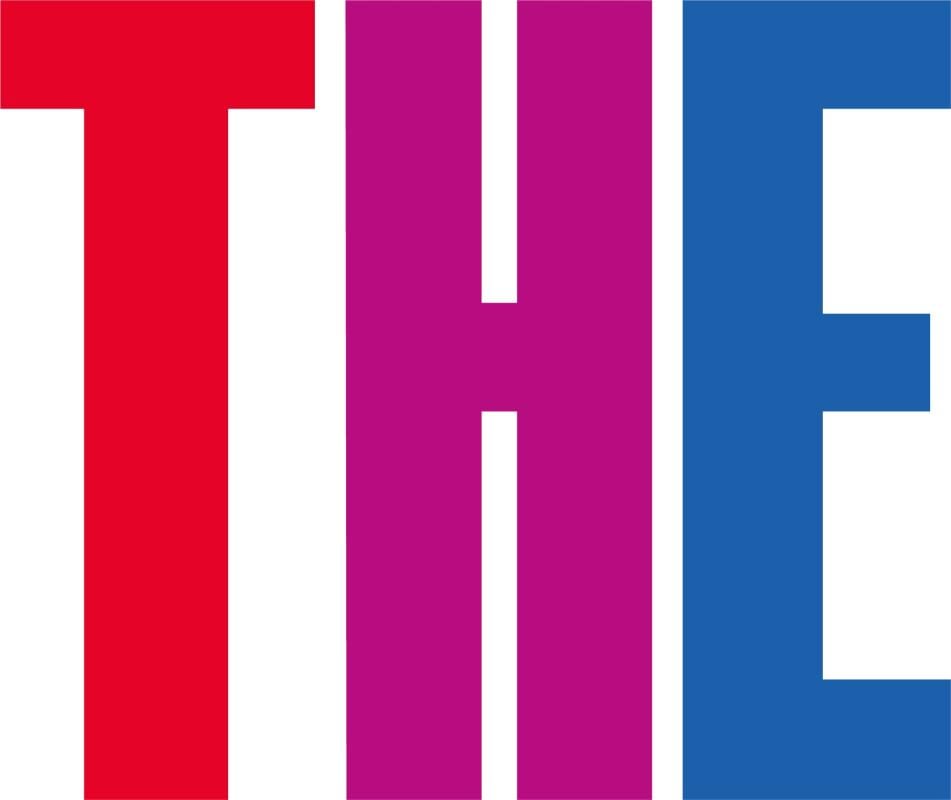
Universities in Slovakia have said that years of multimillion-euro cuts mean they will not be able to accept Ukrainian students this autumn, when a wave of enrollments is expected.
 Since the start of the Russian invasion, only a couple of hundred students from Ukraine have managed to enroll at universities in neighboring Slovakia, joining the roughly 7,000 who were there before the war, Mária Čikešová, secretary general of the Slovak Rectors’ Conference (SRK), told Times Higher Education. But there have been costs in supporting siblings fleeing Ukraine who joined existing students in university accommodation, and a much greater number of Ukrainian students is expected to enroll this month.
Since the start of the Russian invasion, only a couple of hundred students from Ukraine have managed to enroll at universities in neighboring Slovakia, joining the roughly 7,000 who were there before the war, Mária Čikešová, secretary general of the Slovak Rectors’ Conference (SRK), told Times Higher Education. But there have been costs in supporting siblings fleeing Ukraine who joined existing students in university accommodation, and a much greater number of Ukrainian students is expected to enroll this month.
“Universities are now announcing that their resources to help Ukrainian students and academics are running out,” the SRK said in a statement, citing cuts of 45 million euros ($44 million) to the higher education budget in both 2021 and 2022, and a projected cut of €27 million ($26 million) in 2023. “Without additional funds from the state budget, public universities will no longer have funds for scholarships, free accommodation and meals for Ukrainian students in the new academic year.”
The Slovakian education ministry has not responded to queries from Times Higher Education on whether it intends to cancel the 2023 cuts or provide extra funding for 2022 to cover hosting and teaching costs.
Most of those who have enrolled since Russia’s February invasion are women taking language courses in preparation for further study in September, said Čikešová, with the majority of Ukrainian students studying in Košice, less than two hours’ drive from the Ukrainian border.
Jana Mojžišová is the rector of the University of Veterinary Medicine and Pharmacy in Košice. The public university teaches any students who pass its entrance exams, with tuition funded by the government. Her university had 34 students from Ukraine before the war, with 20 joining since.
She said “many more” students from Ukraine are preparing to study in Slovakia in the coming academic year because they have had the time since February to meet admission requirements, with more than 1,000 of them at universities in Košice alone.
“If the government would provide us with the funds to hire more teachers and create infrastructure, we can accept more students,” she said, but she added that without extra funding, her institution would have to cut back on staff in the coming years, hurting teaching quality.
Mojžišová said hosting each student costs the university at least €300 ($297) per month, including €60 for a shared dormitory room and €100 for basic canteen meals.
Ukrainians have taken jobs cleaning the university’s animal hospital to help cover their costs, she added.
Some Ukrainian parents have sent their children to stay in dorms with older siblings studying at the university. Under government rules, the university can claim back funds for supporting these refugee siblings, but not for Ukrainian students enrolled at the university.
Mojžišová said that the rectors’ conference and individual universities had all petitioned the government for extra funding, without success. She said some Ukrainian students would probably have to drop out if they have to pay for their living costs, because of the difficulty of holding down a job during such an intensive course.
The prospects of action in time for the coming enrollment wave look unlikely, with the current coalition government teetering on the brink of collapse.
from Inside Higher Ed | News https://ift.tt/OS2AHwV


No comments:
Post a Comment